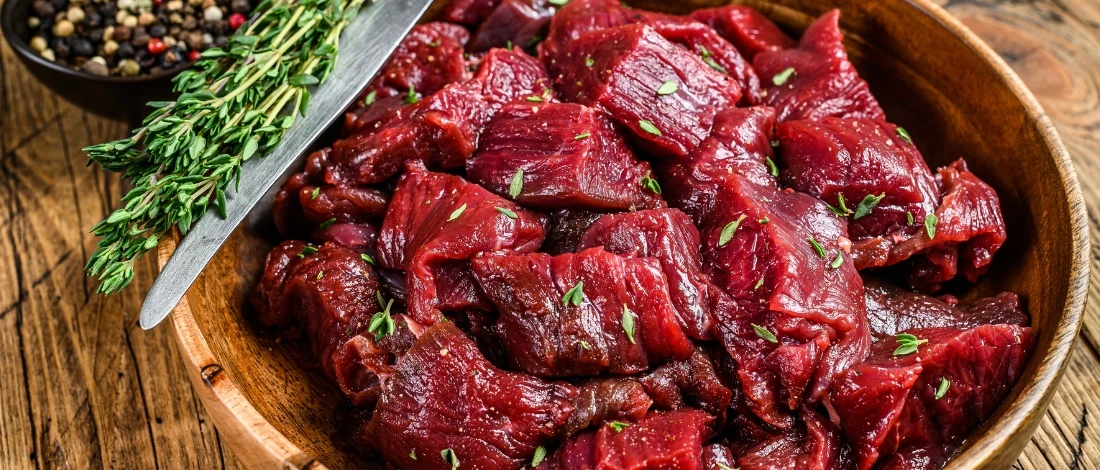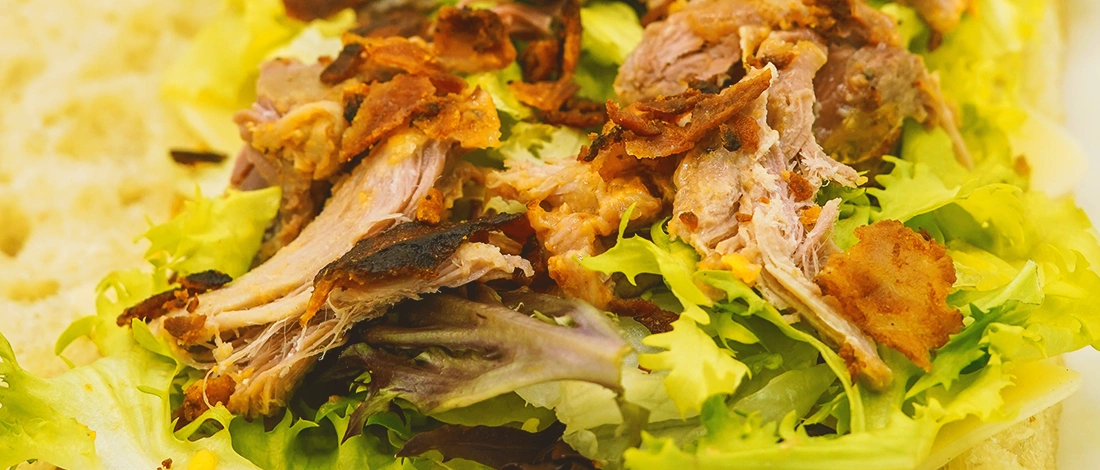Parasites in Game Meat: What Every Hunter Needs to Know”
Parasites in game meat, especially moose and deer, are common but manageable, say biologists from the Maine Department of Inland Fisheries and Wildlife.
From muscle worms to nasal bots and tapeworms, parasites often reside in game meat, though they usually pose minimal risk to humans if handled and cooked properly.
Common Culprits: Moose Measles and More
Parasites like Taenia krabbei, also known as “moose measles,” leave small, white spots in moose meat. Although unsightly, these spots don’t infect humans. However, the tapeworm can pose risks for pets, particularly dogs, if they eat raw, infected meat.
Biologist Lee Kantar advises hunters to “butcher around” infected areas or even flick the eggs or worms out before cooking. Using a technique called “wide trim” allows hunters to salvage meat by removing sections with parasites.
According to the USDA, moose meat should be cooked like beef—ground meat to 160°F and steaks to at least 145°F. Avoid giving raw scraps to dogs to prevent potential tapeworm infections, and consider regular deworming for pets if they’re exposed to game meat.
Deer Parasites: Low Risk, Easy Management
Deer meat typically has fewer parasite issues, reports biologist Nathan Bieber. Nasal bots, which sometimes emerge from deer noses, don’t impact humans, and muscle worms, mostly in the backstrap, can be removed during butchering.
“We don’t see many issues in deer,” Bieber states, noting that the rare severe cases allow hunters to request a replacement tag.
For livestock owners, the risk of cross-infection from game parasites is low, says wildlife biologist Tegwin Taylor. Most parasites require an intermediate host—often snails or slugs—before they can affect animals like goats or sheep.
When in Doubt, Reach Out
If unsure about the safety of game meat, hunters are encouraged to contact their local wildlife department. “The bottom line,” Bieber sums up, “hunt your animal and take home the meat.”
Want tips on handling and cooking game meat safely? Visit our homepage for expert advice on butchering and preparation.






